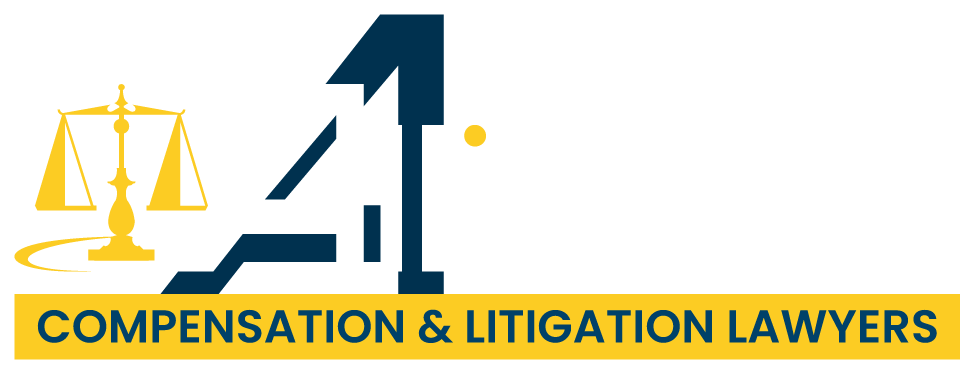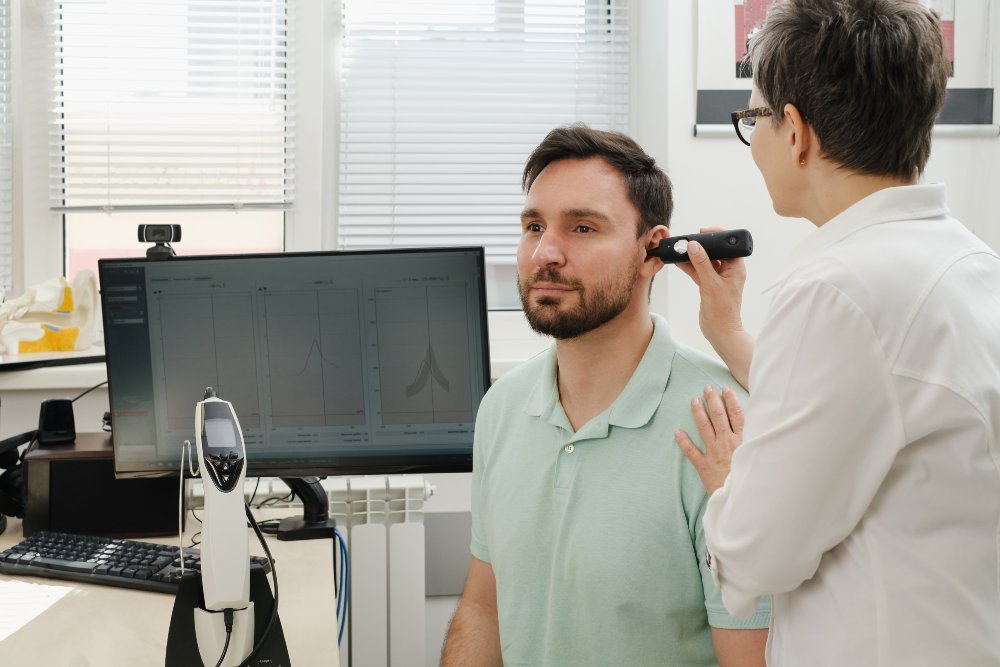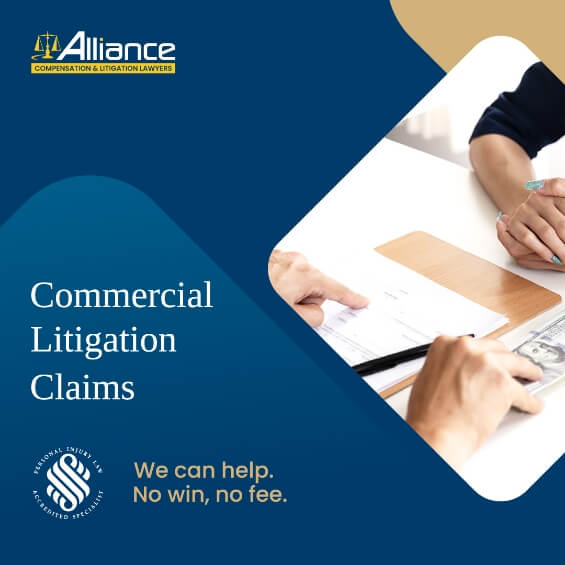Industrial deafness in Australia is unfortunately a strikingly common occurrence and one which state and business organisations are looking to reduce in number. Safework NSW reports that more than 10,000 workers in NSW have suffered noise-related injuries over the past 4 years, with more than 90% of that number suffering permanent impairment of hearing.
These statistics proving the prevalence of industrial deafness today highlights the importance of Informing workers of their compensation entitlements and options. This article will cover the following key steps and pieces of information when claiming for industrial deafness and hearing loss:
- How to lodge a claim for industrial deafness;
- Time limits for industrial deafness claims;
- Eligibility requirements for hearing loss claims;
- The types of benefits available to industrial deafness claimants;
- The average compensation payouts for industrial deafness; and
- What to do if your claim is rejected.
How to make A Claim for Industrial Deafness & Hearing loss
As a part of your claim, you will need to establish a connection between your work environment and your hearing loss. In order to do this, you will need to gather evidence about the circumstances and medical diagnosis of your deafness, before seeking the assistance of a workers compensation lawyer who can assist you with explaining your hearing loss injury in a claim form.
- Gather Information and Evidence of your injury
- Take note of any symptoms you are experiencing
- Visit your GP and get a referral to see an ENT Specialist
- Work with a Workers Compensation Lawyer to submit your claim

1. Gathering Information and Evidence about Exposure to Noise in the Workplace Environment
Since your claim will need to prove that you sustained hearing loss as a result of your work or workplace environment, you will need to identify and gather evidence about your exposure to workplace noise.
In many cases, industrial deafness arises as a result of exposure to loud sounds for extended periods of time, often on construction sites, and when working with or near machinery, and power tools. Hearing loss can also occur as a result of a single trauma, for example an explosion.
In specifying how your hearing loss occurred you should therefore gather information about the following:
- Specific work environments and tasks that exposed you to high levels of noise;
- The durations and frequencies of your exposures to noise;
- Any protective measures against noise, or lack thereof, provided by the employer;
- Witnesses or colleagues who can attest to the levels of noise in your work environment;
- At which points in the course of your employment experienced negative physical reactions to noise exposure; and
- At which point in the course of your employment you began to notice symptoms of hearing loss.
The form of your evidence about noise exposure in your workplace environment can take a variety of forms, e.g. written testimonials, pictures, work diary excerpts and employee communications.
It is particularly important to describe and gather evidence of the onset and development of your symptoms of industrial deafness and hearing loss. This information plays a crucial part in confirming the connection between your employment and the injury you sustained.
2. Considering Symptoms of Industrial Deafness & Hearing loss
The symptoms of hearing loss are very diverse and can differ (in extent and quality) from person to person affected by the condition. In many cases, hearing loss symptoms develop gradually so that the impact on hearing may only become noticeable after a substantial period of time.
Below is a list of more common industrial deafness and hearing loss symptoms. Early detection and management of hearing loss, however, is both key to your health (since it can prevent further damage) and your claim, so it is best to seek a professional assessment whenever noticeable changes to your hearing arise, whether those symptoms are listed in the below table or not.
| Industrial Deafness & Hearing loss symptoms | Description |
| Reduced Hearing Ability | Difficulty hearing everyday conversations, especially in noisy environments. |
| Muffled Hearing | Sounds and voices seem distant or muffled, making it hard to understand speech clearly. |
| Tinnitus | Ringing, buzzing, hissing, or whistling sounds in the ears, often noticeable in quiet settings. |
| Difficulty Hearing High Frequencies | Struggling to hear high-pitched sounds, like alarms, birds chirping, or children’s voices. |
| Need for Higher Volume | Increasing the volume on devices like televisions and radios more than usual to hear properly. |
| Avoidance of Social Situations | Withdrawing from conversations or social activities due to difficulty in hearing. |
| Balance Issues | Sometimes associated with inner ear problems, leading to dizziness or balance difficulties. |
| Pain and Discomfort | Sensing a physical sensation of pain or pressure in the ears, usually upon hearing loud noises. |
3. Gathering Medical records from an Approved Hearing (ENT) Specialist
To prove that you have suffered hearing loss, you will need a medical diagnosis of partial or full deafness from a SIRA-approved ENT Specialist. You can book an appointment with an ENT specialist by first visiting a GP and getting a referral.
Be mindful that the ENT specialist must be SIRA-approved — something that you can bring up with your GP and with which your GP can assist you with finding. If you prefer to select an eligible ENT specialist independently, you can find a list of SIRA-approved permanent impairment assessors on the SIRA site. Simply use the search boxes to filter out assessors with ‘Ear – Nose – Throat’ specialties as well as any other specifications, such as the location of the assessor.
Medical records from an ENT specialist proving your condition are essential to establishing the legitimacy of your claim.
4. Working with a Workers Compensation Lawyer
Once you’ve gathered the necessary evidence and gotten medical records from the ENT specialist, reach out to a workers compensation lawyer who can evaluate your case and provide you with guidance for the remainder of the process. A very helpful fact to note at this point is that the Independent Review Office (‘IRO’) provides funding for work-related hearing loss claims so that the costs of any related legal advice you receive and medical reports are completely covered (i.e. free of cost to you).
For additional assistance with your claim, you can also contact a Workers Compensation Lawyer well before the evidence-gathering stage (an option also covered by IRO funding). Receiving legal assistance at an earlier stage of your claim can help you understand and navigate the process of claiming compensation for hearing loss with more clarity, for example, by:
- Locating a SIRA-approved ENT specialist;
- Drafting, completing, and submitting a workers injury claim form that better reflects your injury circumstances, and;
- Drafting, completing, and submitting a permanent impairment claim form.
What is the time limit for claiming for Industrial Deafness?
The most appropriate claim for workers who suffer from work-induced deafness to submit is for permanent impairment, which allows for a 3-year time frame from the date of injury in which to submit a claim.
Determining Date of Injury
In the case of hearing loss that developed gradually, Section 17 of The Workers Compensation Act 1987 lays out special rules for determining the date of injury for hearing loss or industrial deafness claims.
Specifically, for gradual hearing loss, the date taken as the occurrence of the hearing loss injury is either:
- The date on which the employee gave notice to their employer of their hearing loss injury if they still work in a noisy environment; or
- The date on which the employee last worked in the noisy environment, if they no longer work in a noisy environment.
The last employer for whom the employee worked in a noisy environment will be liable for both hearing loss already suffered and for any increase of deafness or worsening of hearing loss symptoms.
What are the eligibility requirements for making an industrial deafness/hearing loss claim?
You can submit a workers compensation claim for industrial deafness or hearing loss if you developed the injury as a result of the work you performed or your work environment. You must also observe the time limits for submitting a workers compensation claim mentioned.
If you are a contractor or sole trader, your eligibility for industrial deafness or hearing loss compensation will depend on the nature of your work and your economic relationship with your hirer. You can find out more about workers compensation and non-employee workers in our Sole Trader and Contractor’s Guide to Workers Compensation.
What compensation am I entitled to for industrial deafness/hearing loss?
Weekly Compensation payments
Since deafness is almost always a permanent condition, hearing loss claims usually involve claims for lump sum permanent impairment compensation and/or hearing aids rather than recovery-related weekly payments.
Claims for hearing loss usually then includes a tailored combination of workers compensation benefits, such as coverage of medical expenses and lump sum payments.
Medical expenses for hearing aids
If your hearing loss claim qualifies for Workers Compensation benefit, you will be able to claim for medical expenses related to your hearing loss, including for the costs of hearing aids (which are considered a “reasonably necessary” treatment under section 60 of the Workers Compensation Act 1987 (NSW)) and any further hearing tests.
Your level of permanent impairment is not considered when making a claim for hearing aids, however you will need to submit a workers injury claim form as well as a quote for the cost of hearing aids from a SIRA-approved hearing service provider.
Regardless of when you cease work, you also have the right to a lifetime supply of hearing aids, with new devices every five years. In case you lose them, you will be entitled to an immediate replacement. There is no hearing loss threshold to claim hearing aids.
Permanent (hearing) Impairment Payout for Lump Sum Compensation
You can claim a permanent Impairment Payout for your hearing loss if the hearing loss is assessed as a certain percentage of Whole Person Impairment that exceeds the WPI minimum for the period of time associated with the hearing loss injury. For example:
- If the date of your hearing loss injury fell on or after 1 January 2002, you may be eligible for lump sum compensation if you are assessed as having 11% whole person impairment or more as a result of industrial deafness (note: 11% permanent impairment equates to 20.5 % binaural hearing loss).
- Whereas if the date of your hearing loss injury fell before 1 January 2002, lump sum compensation is payable for an assessed hearing loss of 6% or more binaural hearing loss.
Work Injury Damages – Common Law payout
If your workplace failed to provide you with protective gear or failed to implement preventative measures to reduce the risks of industrial deafness, you could have grounds to bring a claim for work injury damages.
This kind of claim involves proving that your employer failed to meet their duty of care towards you as an employee and was therefore negligent in their role. If you are successful in bringing a common law damages claim against your employer, you could be entitled to a substantial lump sum payment as compensation for your injury.
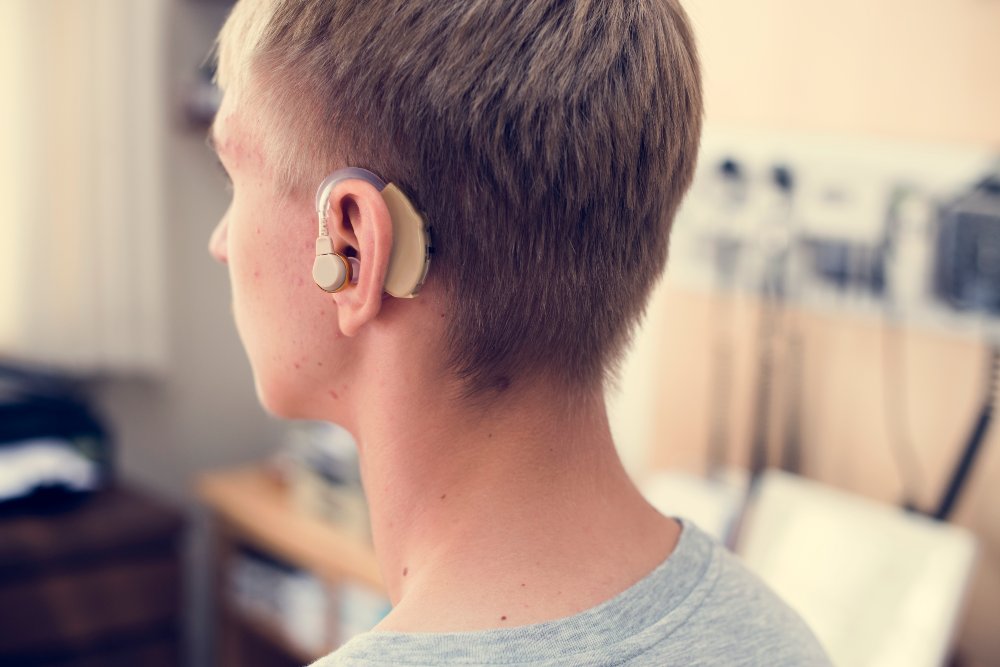
What is the average payout for industrial deafness or hearing loss?
The average permanent impairment payout sum for industrial deafness or hearing loss is, like for all other kinds of permanent impairment, difficult to obtain. This is because the value of the payout will depend on the severity of the hearing loss and the date of the hearing loss injury. However, we can expect the range to be $27,790 to $216,130 based on the permanent impairment table, this excludes payouts for medical expenses and work injury damages.
The whole person impairment table below however shows the payment ranges and maximum amounts you can receive for particular degrees of permanent impairment.
| Degree of Permanent Impairment | Permanent Impairment Payout |
| 0 – 10% | $0* |
| 11% – 30% | $28,840 – $100,470 |
| 31% – 50% | $106,560 – $224,550 |
| 51% – 55% | $310,580 |
| 56% – 60% | $396,570 |
| 61% – 65% | $482,560 |
| 66% – 70% | $568,550 |
| 71% – 74% | $654,540 |
| 75% – 100% | $740,550 |
As a minimum, with an 11% WPI (20.5% binaural hearing impairment), you can expect to receive $28,840 in Lump Sum compensation via a permanent impairment hearing loss claim.
Understanding the relationship between binaural hearing impairment to whole person impairment
Binaural hearing impairment refers to hearing loss that has occurred in both ears. For claims involving permanent impairment, the percentage of binaural hearing impairment is converted to a corresponding percentage of Whole Person Impairment (‘WPI’) according to Table 9.1 of the NSW workers compensation guidelines for the evaluation of permanent impairment.
The threshold for a permanent impairment claim requires a WPI of 11%, according to Table 9.1, which equates to a minimum Binaural Hearing Impairment of 20.5% – 22.7%. While the maximum binaural hearing impairment is 99.1 – 100% which equates to a 50% WPI, which means the maximum permanent impairment payout for hearing loss will be $224,550 as of July 2024.
What to do if my hearing loss claim has been denied or disputed
If you are dissatisfied with the compensation and benefits your insurer provides to you for your injury, or if your insurer denies your claim, you can dispute their decision by informing the Personal Injury Commision of NSW. The Commission can independently assess the insurer’s decision so that if the Commission finds that the insurer’s decision was incorrect, it can order the insurer to change their decision or reconsider your claim based on fairer grounds.
In order to review your insurer’s decision, the Commission may require you to participate in an arbitration and/or undertake an independent medical exam. You should therefore seriously consider legal representation to help you express your case in the clearest possible way.
Speak to our Expert Industrial Deafness Workers Compensation Lawyers today
Deafness can be one of the more complex workers compensation claims to prove. Legal support over the claims process can provide essential support to claimants in articulating hearing loss or industrial deafness claims and presenting the strongest case for workers compensation payouts or damages.
Alliance Compensation and Litigation Lawyers are dedicated to supporting claimants through the claims process and helping them receive the most in entitlements that they can. If you would like assistance with your claim for hearing loss or industrial deafness, we invite you to book a no obligation consultation with us.
You can also call us on 02 8764 1776 or email us at refer@alliancecomplayers.com.au.
